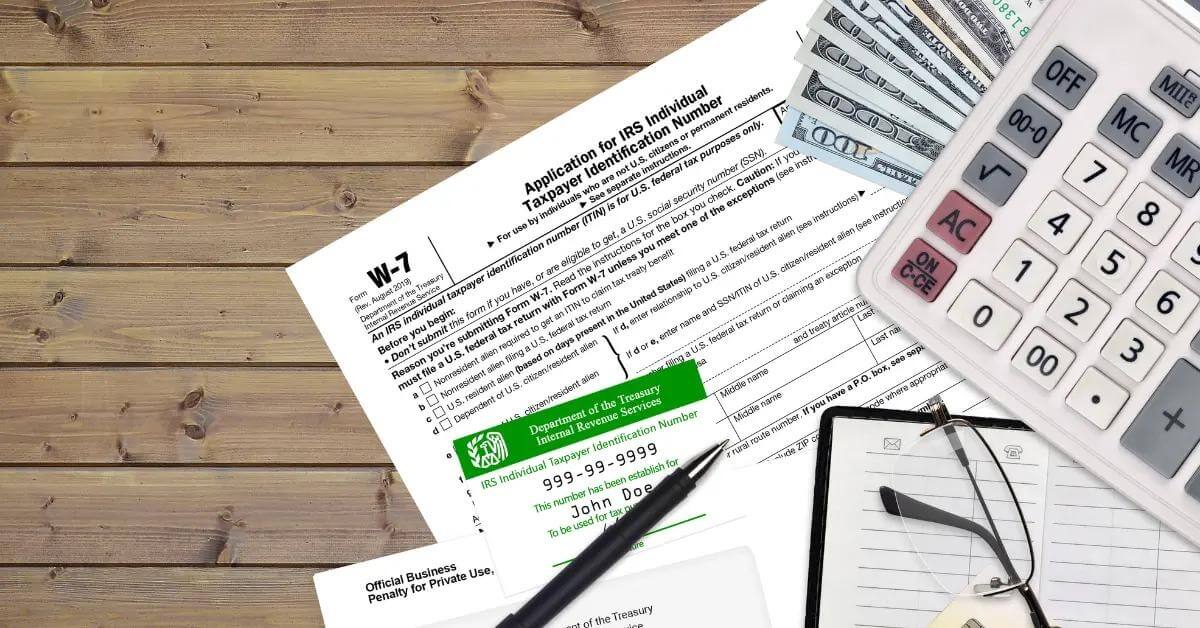Receiving a bonus always feels great. You’ve been working hard, and your employer has decided to reward you. There’s a catch, however. The amount you receive in your bonus check will be less than the bonus amount due to taxes.
Your boss may have promised you a $500 bonus, for example, but when you look at the check, you notice that you received less than $400. The Internal Revenue Service (IRS) has claimed some of your payment, and if you’re like most people, you’re probably wondering how this all works.
This guide explains how bonuses are taxed so you know what to expect, and it gives you a few tips on avoiding common mistakes with bonus payments.

How Are Bonuses Taxed? An Overview
Bonuses are income, and by extension, you must pay income tax on these amounts. You’ll also need to make Social Security contributions and pay Medicare taxes on this income.
The Medicare tax rate is 1.45% of all earnings, and if you earn over $200,000 as a single filer or over $250,000 as a filer who’s married filing jointly, you pay an additional 0.9% Medicare tax. Social Security is 6.2% of earnings up to $142,800 for 2021, and this tax doesn’t apply to earnings over that amount. These taxes are non negotiable, and you’ll face income tax on top of these amounts. The rest of this guide explains how income tax applies to bonuses.

Withholding on Bonus Payments
Your employer must withhold taxes on your account and remit them to the IRS. This includes the Medicare and Social Security taxes explained above, but also income taxes and other withholdings as required by law. There are different ways your employer can decide how much to withhold from your bonus.
The Percentage Amount
The IRS requires employers to withhold 22% of bonuses and other supplemental income. The withholding rate is 37% for payments over $1 million. The withholding on a $1,000 bonus, for example, is $220. The withholding on a $2-million bonus, however, is $740,000. This method typically applies when the bonus is separate from your regular paycheck.
The Supplemental Method
The supplemental method applies when the bonus is added to your regular paycheck. Your employer, in this situation, calculates the withholding based on the details in your W-4. They calculate the tax just as they do with the rest of your paychecks, but you face a higher tax rate because your compensation increased.
Withholding Vs. Income Tax
Note that the withholding rate is different from the amount you actually pay in tax. Both of the above methods describe how your employer determines how much to withhold from your paycheck. This is not the same as the amount you ultimately pay in income tax. Your final income tax payment will be calculated when you file your tax return.
Don’t worry when you see how much tax has been withheld from your bonus payment. This amount is often more than your final tax bill. Say your effective income tax rate is only 10%, but your employer used the percentage method and withheld 22% — you will receive the difference back when you file your tax return.

How Tangible Bonuses Are Taxed
Employers don’t always give cash bonuses. They sometimes give out tangible bonuses or gifts. These bonuses are also taxed, but the method varies based on a few different factors.
Taxable Tangible Bonuses
You always must pay tax if you receive a cash-equivalent bonus such as a gift card or money order. Tickets to events, stocks, bonds, vacations, meals, and lodging are also subject to income tax, as are Social Security and Medicare.
You report the fair market value of these items as income on your tax return, and the tax is calculated as usual for that year. The tax rate is the same you would face if you received this amount in cash. You also must pay tax on all other tangible property bonuses unless you receive them as part of a nontaxable achievement award.
Nontaxable Achievement Bonuses
The IRS has special rules for length of service or safety achievement bonuses worth under $400. These bonuses aren’t taxed if they’re delivered in the form of tangible personal property. A set of golf clubs worth $350 given to an employee as an achievement award, for example, is not taxed.
Nontaxable Qualified Plan Awards
There is a higher limit for nontaxable qualified plan awards, granted in the form of personal property. These bonuses must be awarded based on terms outlined in a written plan that doesn’t give special treatment to highly compensated employees. You can receive personal property worth up to $1,600 in this situation without facing any tax.
Your employer cannot add together the $400 and the $1,600 mentioned above. The most any employee can receive in nontaxed personal property as an award is $1,600 for the year. You’ll face tax on property worth over this threshold that you receive as a bonus.

Mistakes to Avoid With Bonuses
The taxes around bonuses can be confusing, and to protect your bottom line, you need to understand the basics. Here are a few mistakes to avoid when you receive a bonus.
- Don’t forget to report the bonus on your tax return.
- Don’t accept personal property you don’t want and incur an unwanted tax bill.
- Don’t assume the amount withheld is the same as your actual tax.
The actual income tax on your bonus almost always varies from the amount withheld from your bonus check. Your employer should include the bonus on the W-2 that you receive at the end of the year, and you’ll use those numbers when filling out your tax return.

Still Unsure How Bonuses Are Taxed? Get Help From Silver Tax Group
Dealing with the IRS can be scary and confusing. You may end up paying more than you owe if you don’t understand the complex nature of the tax code.
The Silver Tax Group can help you deal with the IRS. We specialize in helping taxpayers who are struggling with unpaid taxes, excessive tax liability, unfiled returns, and other issues. Contact our skilled team of tax attorneys to learn more about how we can help you understand how bonuses are taxed.








